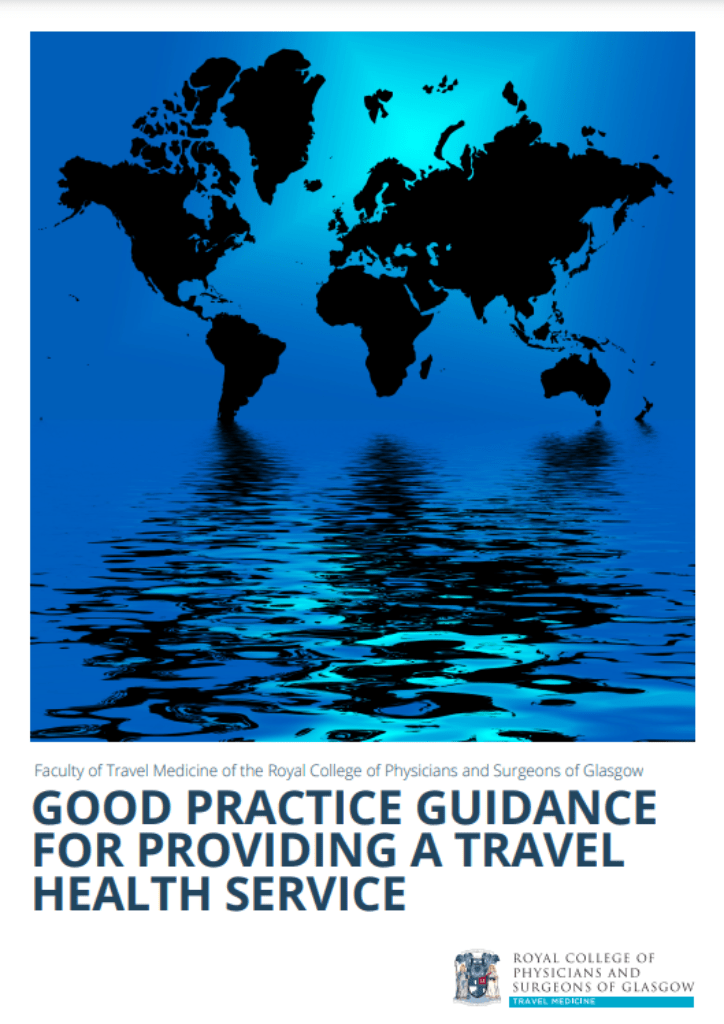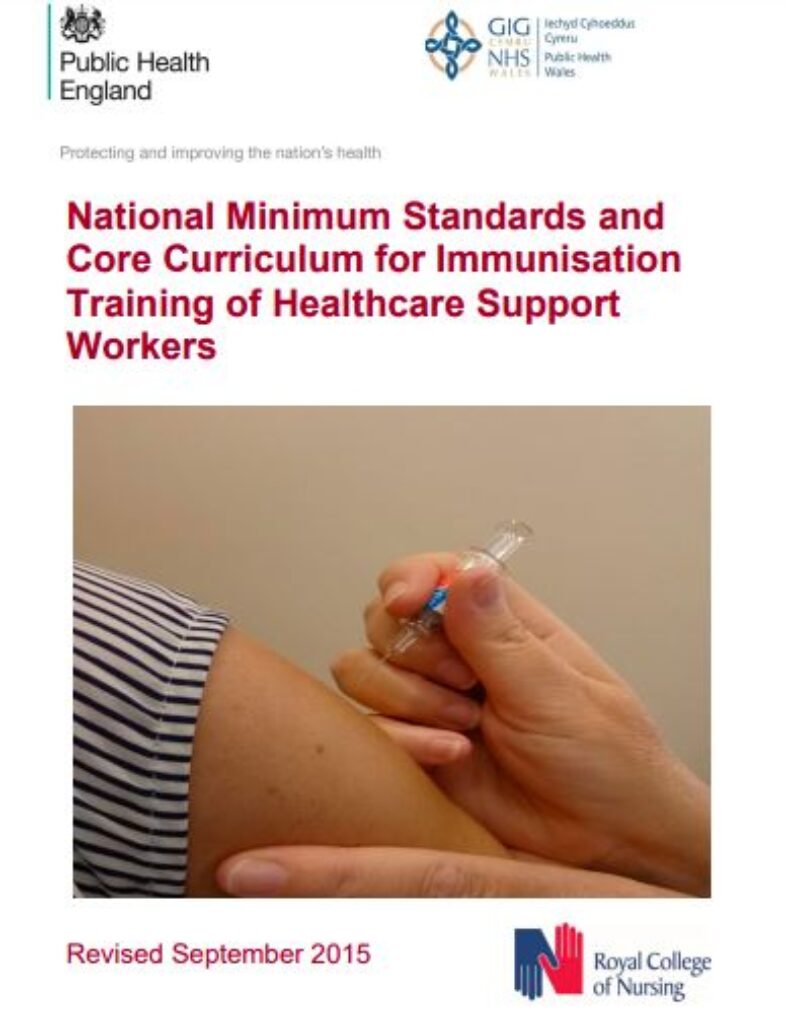With the recovery of international travel, one of the most common enquiries that we are getting at the moment is asking us if a pharmacy dispenser can administer travel vaccines.
At first glance this may seem like quite a simple question, but actually when you explore it further it becomes a bit more complex. Below we will explain the relevant frameworks and guidelines that exist and how these can be applied.
Where do we start?

Before embarking on setting up a travel health service in your pharmacy, it is a good idea to understand all the elements required to deliver a high quality service.
A travel health service is significantly more complex than running a flu or COVID-19 vaccination service.
A good starting point if you think a travel health service is a good idea for your pharmacy is the ‘Good Practice Guidance for Providing a Travel Health Service‘.
The role of the ‘practitioner’
The first point to note in this document is that the healthcare professional is referred to as the ‘practitioner’. The guidance even goes as far as to list doctors, nurses and pharmacists as the healthcare professionals that may deliver the service. Therefore on reading this, it may be interpreted that a pharmacy dispenser, assistant or healthcare support worker would not fall into this category.
A travel health risk assessment is the foundation of any good travel health consultation. This is quite a complex consultation and involves the use of many skills. As well as assessing the individual risks, the practitioner must communicate those risks to travellers, and provide tailored knowledge regarding prevention of illness or accident/ injury. It is these elements of travel health which take up the vast majority of the consultation with the actual vaccine administration only being a small part of the whole process.
The legal bit
Now there is nothing to say that if the initial consultation and risk assessment has been completed by a registered practitioner, that the final step of administration of the vaccines cannot be delegated.

If a pharmacy dispenser where to administer the vaccines there would need to be a legal framework for this as they are a prescription only drug. The law does not allow for a pharmacy dispenser, assistant or healthcare support worker to work under a PGD, therefore they would only be able to administer under a PSD. In practice this would require a separate prescriber to have carried out the risk assessment, as outlined above, in order to decide which vaccines were being prescribed. The prescriber would then create a written PSD before the dispenser could begin to administer the vaccines.
A full list of professions that are able to work under a PGD can be found here.
So what would the pharmacy dispenser need to do to administer the vaccinations after a consultation with a registered prescribing practitioner?

Following a consultation with a prescribing practitioner and subsequent delegation, the pharmacy dispenser would need to be up to date with their training in line with the ‘National Minimum Standards for Immunisation Training for Healthcare Support Workers‘.
This would include:-
- Annual hands on BLS training (including paediatric bls if they are going to be seeing children) & Anaphylaxis training – Resuscitation Council UK – Quality Standards
- Foundation in Immunisation (if they are new to vaccinating)
- Annual Immunisation Update (if they are experienced at vaccinating) this should include disease areas that they will be vaccinating against
Summary
In summary, all healthcare professionals that are involved in delivery of a travel health service should be trained to the appropriate standard. If the decision is taken in your pharmacy that you would like a pharmacy dispenser to administer travel vaccines under the delegation of a registered prescriber, our travel health courses would be suitable for them to attend in order that they understand the whole process and the disease risks associated with travel.







